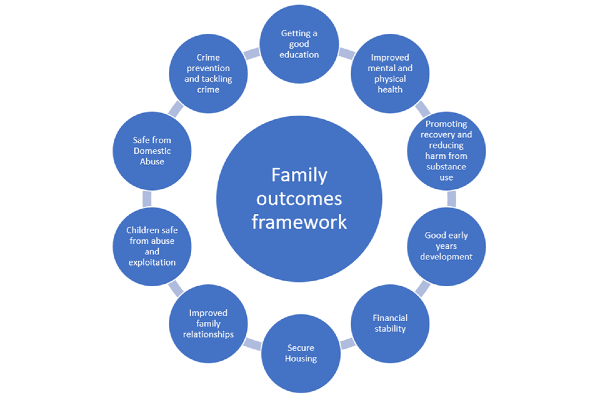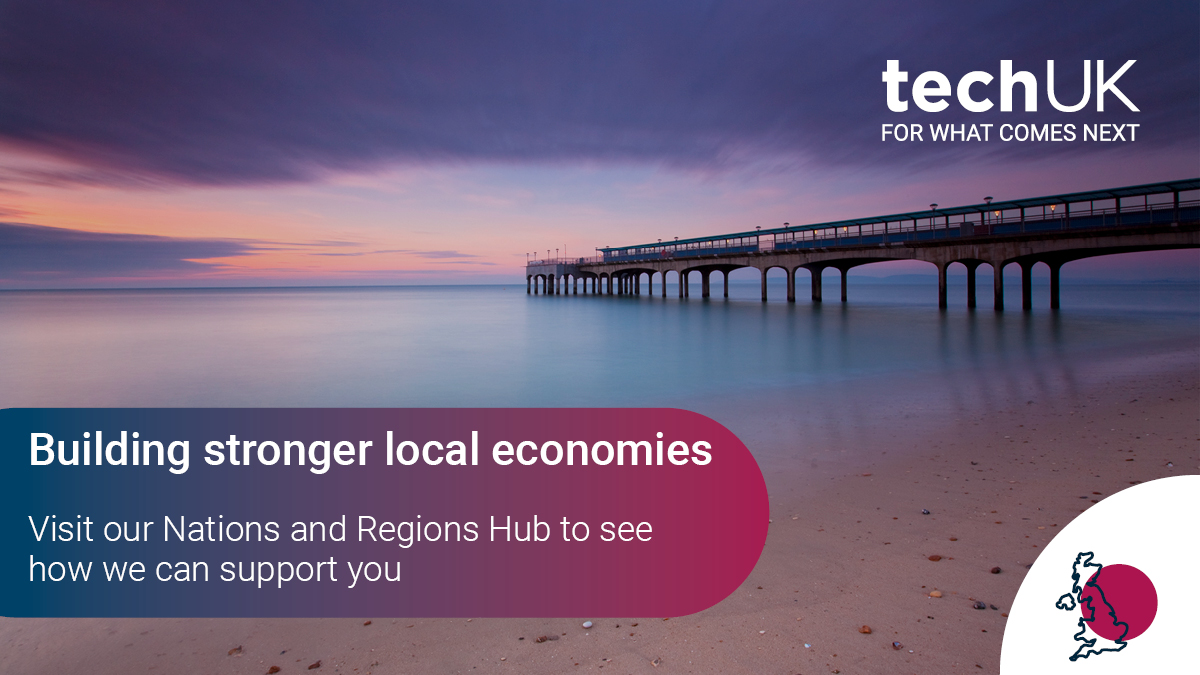Why data literacy is key to levelling up (Guest blog by Capita)
Across the country, local authorities are under extreme pressure to deliver a fairer, more equal society. The government’s levelling up agenda is a very welcome step in the right direction to change how data is shared, when and with who. And it’s clear to me the people at the heart of local authorities really care about making a difference to create positive outcomes and improve the lives of citizens.
Ending geographical disparities is something that’s been on the table for a long time. I’ve seen this first-hand working with public service practitioners and leaders for almost 30 years, as an education technology advisor. My passion lies in supporting local authorities to use data to identify and safeguard vulnerable families – helping to improve the lives of citizens up and down the country.
Local authorities have faced long-term challenges with inherent data inconsistencies. A wealth of data is sitting in different systems across different services, from Education to Social Care, Health, Police, Housing, Youth services and Revenues & Benefits. But because of these inconsistencies, there’s a lack of oversight. And if my experience has taught me anything, it’s this: strategy and vision must always come before technology. Put simply, you may know what you want the technology to do with your data, but not how to make that happen.
The fact is, you can’t have data-driven innovation if you don’t understand your data. It needs to be joined up by intelligent tools to give you a clear view, because that’s when you pick up insights to make informed decisions. We call this ‘data literacy’. It’s a way of visualising information to make strategic decisions. I think of data literacy like a jigsaw. It's the act of bringing together different pieces of live data to make up one big picture. This lets you visualise citizens and communities in real time through interactive dashboards, as they automatically refresh and bring your data to life.
Data literacy has become a vital requirement for the public sector and local authorities. Get it right and you make informed strategic decisions at the right time, in the right place. Get it wrong and there can be detrimental effects on vulnerable children and young people through missed opportunities for positive interventions. With this in mind, let me introduce the three key components of data literacy: people; process; technology.
People – ‘the who’
It’s essential to get the right people in your organisation involved at the right time. This ensures all voices can be heard during the project, and a mix of area-expertise will fill knowledge gaps. These voices include:
- Children and their families – these people should be at the heart of your data sharing project since they’re the reason you’re doing it. Their feedback can also be invaluable.
- Practitioners – the people who see and hear the challenges citizens and communities face first hand
- Partners – both relevant internal and external partners
- Project managers – the people who will keep the project moving forward
- Strategic leaders – the people who understand new initiatives and government agendas to allocate funds when needed
- Data analysts and technology experts – the people who will bring your vision to life
Process – ‘the how’
To shape your strategy and goals, you need a clear process. It’s your map to get you to your destination on time and within budget. Your process must:
- Be simple – not built around technical aspects but around the outcomes you want to achieve, encouraging stakeholder buy-in
- Involve communication – keep the conversation open to promote innovative ideas, learn lessons and stick to best practice
- Include proof of concepts – these help overcome barriers along the way and celebrate successes
Process is your friend. Local authorities can often struggle to see it as a guide to transformation. It’s a way of putting the steps in place to get to your destination.
Technology – ‘the what’
Once people and process are established, it’s time to look at the tech that can drive sophisticated data delivery. There are all sorts of options to provide the insights local authorities need. Early intervention tools can help you identify vulnerable citizens and families before they’re in a crisis. This lets your organisation be more proactive and provide positive outcomes, change behaviours and improve lives. It all comes from setting your data free through good governance.
The reason I emphasise these three components in this order is because the typical approach is to start with technology. This has been a contributing factor to previous data integration projects that have failed before. Local authorities should consider focusing on people and processes first to be successful in data literacy. It will take longer to establish the right set up, but it will be worth it. And, ultimately, it will provide better results, where lessons can be learned and repeated for future projects.
Welsh LGA Food Poverty Programme
Sponsored by the Welsh government, we’re currently running a 12-week pilot with the local authority, Merthyr CBC for their Food Poverty Programme. We’ll be harnessing intelligent intervention tools to combine real-time data from across Education, Housing and Revenues & Benefits teams. The ambition is to create a simple, interactive dashboard which will indicate food poverty in the area. This will give all three departments a joint-up picture, highlighting families experiencing or at risk of food poverty by demographic and location. So, local authorities know where to proactively target their resources. Once complete, this proactive data sharing case study gives us the opportunity to roll this out nationally across Wales. So, it’s an exciting time for all.
The voices of both children and families were at the heart of last year’s Government National Data Strategy. Society needs our help to use their data in the most effective ways, so we can provide future generations with the best start to life. I’m very proud we can make a valuable contribution to this!
I’d love to speak to you about data literacy and how it can help you accelerate levelling up. Please reach out and get in touch!


Julie Scorer, Head of Customer Transformation (One Education) at Capita Public Service
[email protected], 0773 907 2318

Local Public Services Innovation: Creating a catalyst for change
techUK, in collaboration with its Local Public Services Committee, has published a new report making the case for enhanced digital innovation adoption across the UK’s local public services to improve citizens’ lives. The report, ‘Local Public Services Innovation: Creating a catalyst for change’
techUK – Building Stronger Local Economies
techUK champions the tech sector throughout the UK. We work with local authorities, devolved government, and local and national policy makers to advocate for the tech sector in strengthening economic growth and resilience. We provide opportunities for our members and local stakeholders to meet, build relationships, and collaborate to drive forward local projects. For more information or to get in touch, please visit our Nations and Regions Hub and click 'contact us'.



